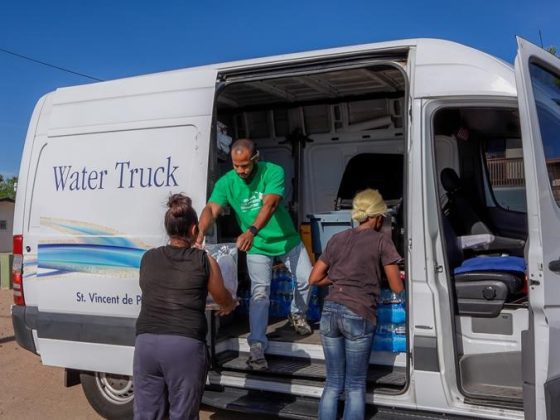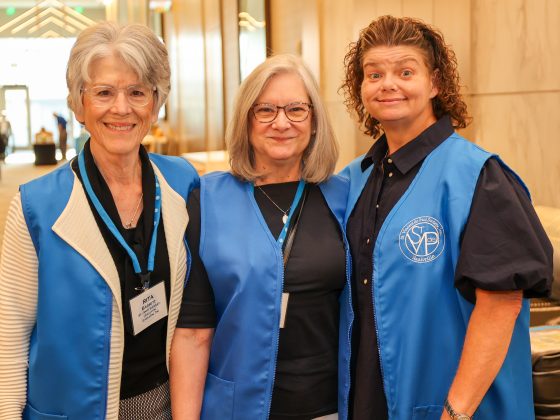The parable of the good Samaritan is a Vincentian favorite, and a powerful allegory for our own home visit, reminding us that Christ calls us very directly to serve the neighbor. Perhaps this beloved parable can also shed some light on what our Rule calls “adaptation to a changing world.” [Rule, Part I, 1.6]
The Samaritan cleaned and bandaged wounds, transported the robber’s victim on his own mule, and found shelter for him. Today, other than perhaps performing basic first aid, we would leave all the rest of that work to the paramedics. It isn’t that we’re lazy. Quite the contrary. In our time, it would be irresponsible for us not to call 911 immediately. To find help is also to help.
It would be rare, in our day and age, to find a bloodied robbery victim lying in the street as people look the other way as they pass, and equally rare that the victim’s only possibility for help would be from a stranger passing by. Yet there remain in our modern world many who are overlooked, ignored, or found too burdensome to assist, even if they are not always lying in our path. The Samaritan stopped to help. Vincentians must first “seek out and find those in need and the forgotten.” [Rule, Part I, 1.5]
In many cases, the emergency aid we offer by paying bills, or providing food and clothing are just as urgent as the bandages the Samaritan provided, but as we build relationships with the neighbor, we also identify and help prioritize other needs, not all of which can be referred to other organizations.
In this age of the internet, social media, phones in our pockets that can connect us with thousands of people, and with all the knowledge of history and science literally at our fingertips – with a thousand Facebook friends, people are lonelier and more isolated than ever.
Just as the robber’s victim lay bleeding on the side of a dusty road until one person cared enough to stop, so too do so many of our neighbors lie in desperate need of a connection that they perhaps can’t fully articulate themselves, but it is written on their hearts. It is written also on our hearts, because we are made by God to live in community – in communion – with one another. Each of us draws the others closer to God through our love. When we go to the neighbor it is our presence that matters most.
And when you think about that challenge given to Frédéric and his friend so many years ago, it was not a challenge to see how many bundles of firewood could be delivered; it was a challenge to show the good of the church in the modern world. The answer to the challenge was to go to the poor just as Christ came to us.
Anybody can give money. You can even do it online. Like the Samaritan, our founders chose to give of their time, their possessions, and themselves. Let us, as Jesus commanded, go and do likewise.
Contemplate
When I offer assistance, do I truly stop on my path to give my love, talents, and time?




Thank you. It gives us much to contemplate. We must also leave a part of ourselves with those in need.